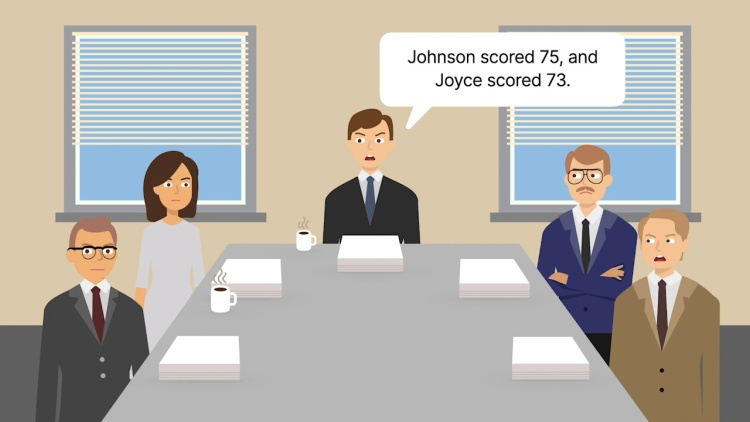Johnson v. Transportation Agency of Santa Clara County
United States Supreme Court
480 U.S. 616, 107 S. Ct. 1442, 94 L. Ed. 2D 613 (1987)

- Written by Josh Lee, JD
Facts
The Transportation Agency of Santa Clara County, California (the agency) (defendant) adopted an affirmative-action plan to address historic patterns of discrimination against women and minorities. The plan allowed the agency to consider gender when making promotions to positions within any traditionally segregated job classification in which women had been significantly underrepresented. The agency promoted Diane Joyce to the position of a road dispatcher, which was classified as a road-maintenance worker, in accordance with the plan. Joyce was selected over Paul Johnson (plaintiff), who had a slightly higher score based on his qualifications and interview. The classification of road-maintenance worker had a significant underrepresentation of female workers. Only one out of 110 workers in the classification was female. Johnson sued, alleging that the agency had violated Title VII of the Civil Rights Act (Title VII) by promoting a less qualified employee based on gender. The trial court found in favor of Johnson. The agency appealed to the United States Court of Appeals for the Ninth Circuit, which reversed. Johnson petitioned the United States Supreme Court for review.
Rule of Law
Issue
Holding and Reasoning (Brennan, J.)
Concurrence (Stevens, J.)
Concurrence (O’Connor, J.)
Dissent (Scalia, J.)
What to do next…
Here's why 901,000 law students have relied on our case briefs:
- Written by law professors and practitioners, not other law students. 47,000 briefs, keyed to 994 casebooks. Top-notch customer support.
- The right amount of information, includes the facts, issues, rule of law, holding and reasoning, and any concurrences and dissents.
- Access in your classes, works on your mobile and tablet. Massive library of related video lessons and high quality multiple-choice questions.
- Easy to use, uniform format for every case brief. Written in plain English, not in legalese. Our briefs summarize and simplify; they don’t just repeat the court’s language.






